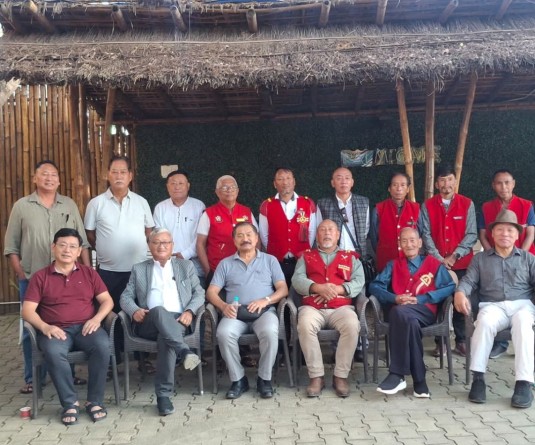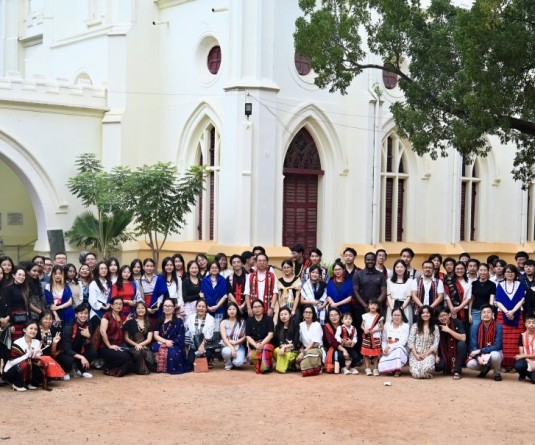
IHRC writes to Nagaland Chief Secretary
Dimapur, June 3 (MExN): The International Human Rights Council (IHRC) - Nagaland State Board on Wednesday wrote to Nagaland Chief Secretary listing a number of concerns and suggestions on how to manage the fight against COVID-19 from a human rights perspective.
The IHRC Nagaland State Board noted that the ‘deporting’ of returnees from Chennai to Tuensang district without confirmation of test results put many Nagas at risk by exposing them to a potential outbreak.
Stating that it was a “complete violation” of SOP laid down under the Disaster Management Act, 2005 and “grave violation of human rights,” the organisation in a press release demanded action against those responsible.
It also said that the returnees quarantined at Sao Chang College, Tuensang, should all be retested as most of them have come in contact with the COVID-19 positive individuals and may have shared the same room with those infected before the results were known.
“While appreciating the government's decision to set up BSL-2 lab in Tuensang we request the government fulfill its promise without delay,” IHRC said.
“But more importantly the government must make sure there is adequate supply of PPEs, ventilators and Hospital beds including sufficient manpower to run COVID 19 treatment facilities not only in Tuensang but all over the state,” it stated.
Further, the organisation said that the frontline workers having underlying health issues are more vulnerable and suggested for their transfer to non-COVID duties and replaced with more “resilient” personnel.
‘Pregnant medical staff as well as persons with disabilities be exempted from all active duty,’ it added.
It further called for sanitary provision to females during their 14 days stay quarantine centres as well as sufficient basic necessities such as toiletries to ensure strict maintenance of hygiene.
The government should facilitate transportation to drop the returnees from the quarantine centres to the nearest town as many do not have private cars to ferry them, it added.
On reports of discrimination against frontline workers, it requested the government to take strictest action as per the law against such discrimination.
The IHRC, meanwhile, suggested that the government to join hands with different youth organisations, unions, and volunteers and prepare them as “Reserve COVID-19 fighters,” with the understanding that they are provided proper training, PPEs kits and travel allowance to fight collectively.
“In order to prevent community spread we request the government to carry out aggressive compulsory testing of all returnees,” it said.
Various governmental departments were also requested to carry out their primary tasks of ensuring the rest of the state is not adversely affected while lifting the burden off the COVID-19 District Task Force.
In addition to this, it requested the Department of Information & Public Relation (DIPR) to come up with more awareness in the form of maximum campaigns - videos, news, articles in all different Naga dialects keeping in mind that a large number of Nagaland’s population live in rural areas as well as languages of the non-indigenous residents.
Ambulance and NST bus drivers are playing a crucial role at this hour of crisis thus their basic needs should be looked into and extra allowances given, the release stated.
Further, it requested the government to provide financial aid to those students unions outside the state who are working at the grassroot level along with various Nagaland Houses and also called for expediting the payment process of the relief package which was announced for stranded citizens.
It said that the bulk of Nagas working outside have returned and the issue of employment has tripled and as such suggested “the implementation of SARFAESI Act with certain modifications that it does not clash with Article 371 (A).”
This, it said, will enable the unemployed youths to start their own projects, giving a birth to Industrialized and economically stable self sufficient Nagaland.






